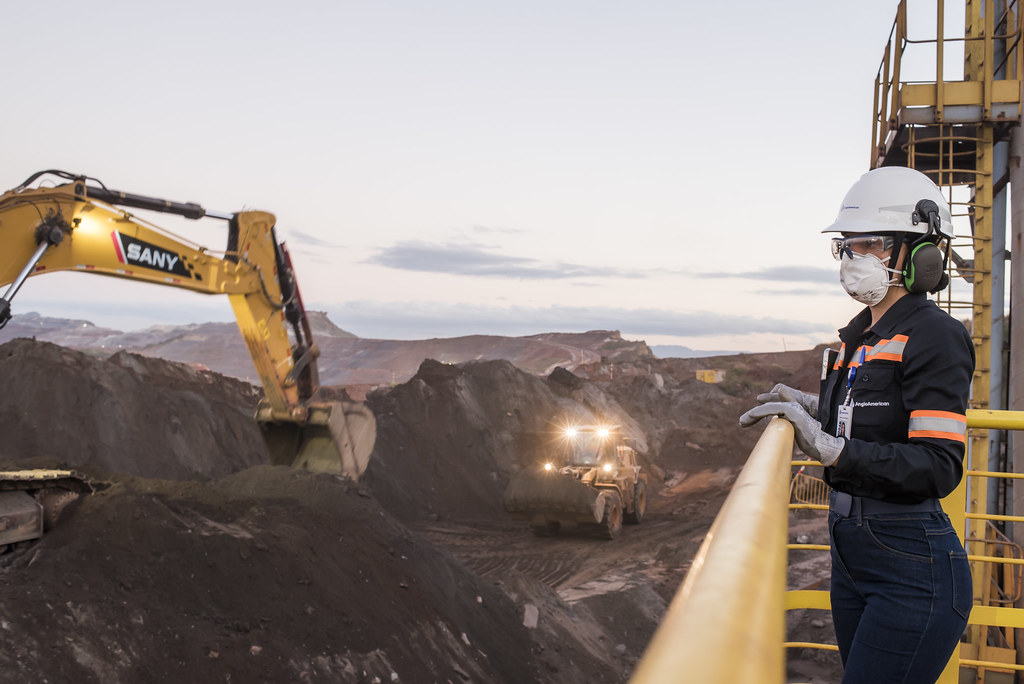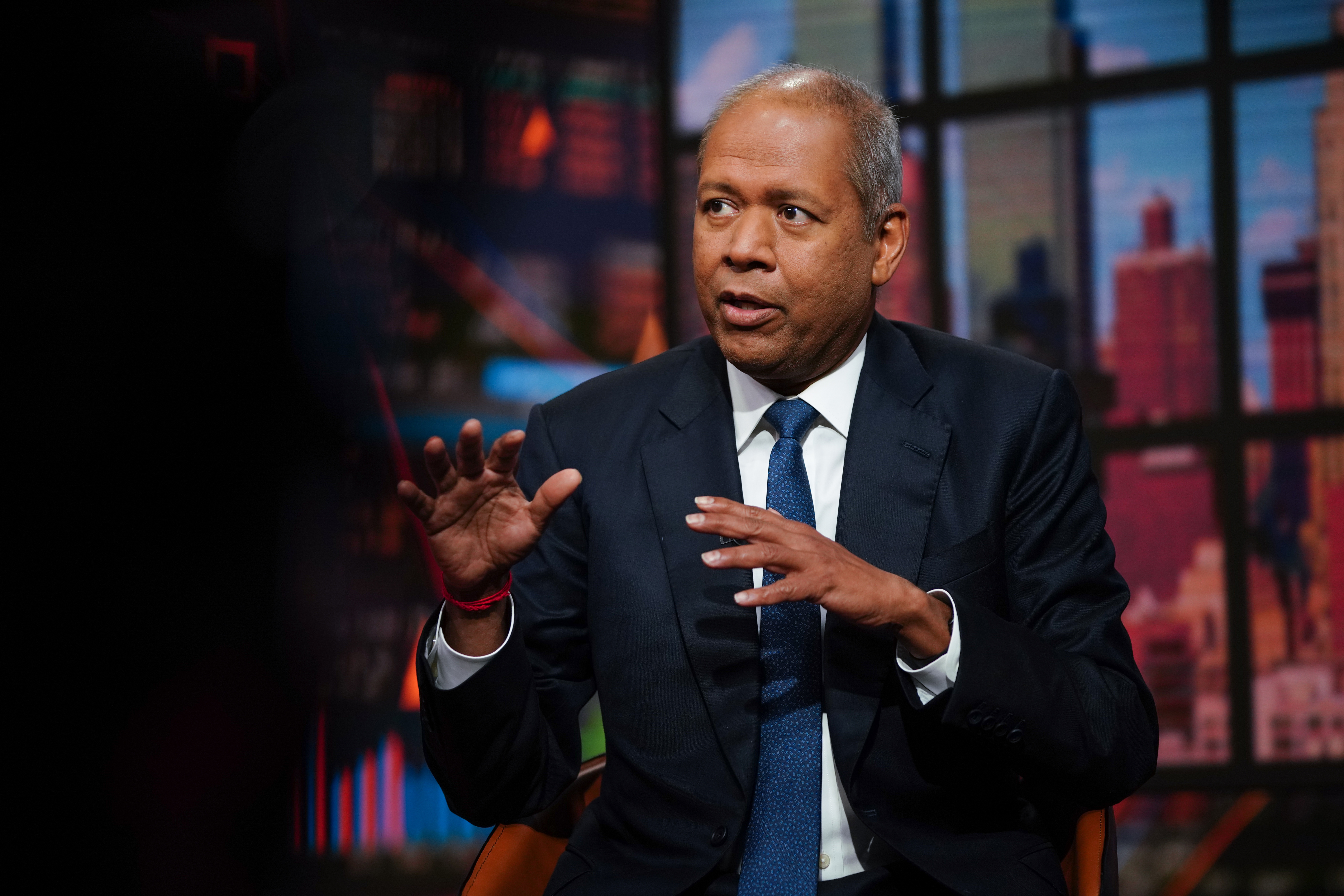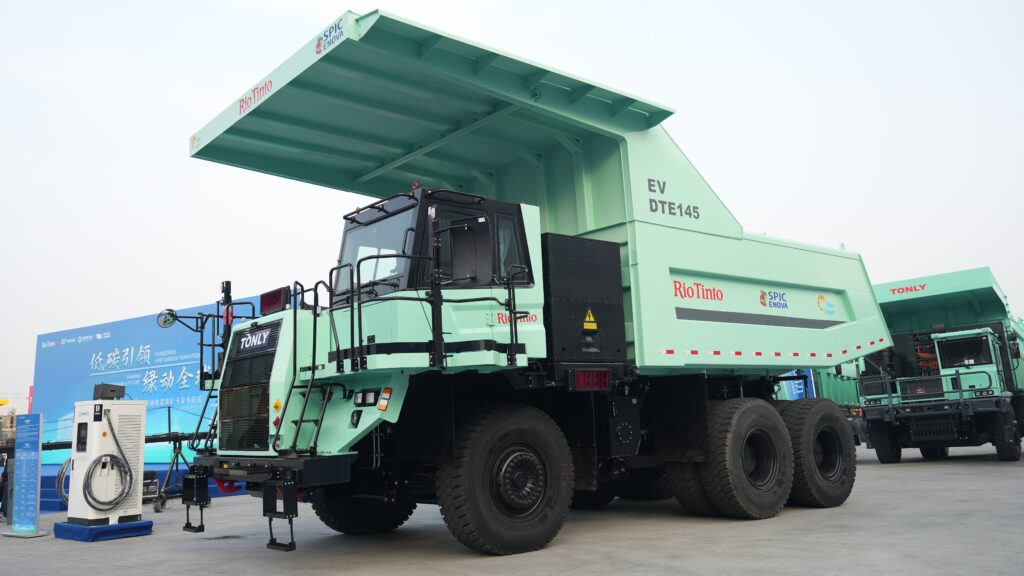The retired co-founder of Paddy Power has told MPs that he resigned from the board after measures to protect problem gamblers were withdrawn.
Stewart Kenny, who helped found the Irish company — which is now part of the FTSE 100 giant Flutter — in the 1980s, told a Treasury committee exploring potential tax rises on the sector: “I have huge regrets, but I’m still a believer in the gambling industry being part of the entertainment mix.”
• If gambling tax rises, we’ll shut all our 1,300 shops, warns Betfred
Kenny said bookmakers were now “sucking people from the least addictive product to the most addictive product” by handing out free spins on the online casino when they sign up for an account.
“I regret some of the things I did, but I did resign from the board because they withdraw measures that were going to help gambling addicts … because too many people with gambling problems were closing their accounts,” Kenny told MPs.
“And I said well isn’t that the whole point of it, so I resigned. I really believe that, for the parts of the industry that are most harm, that you tax higher to disincentivise the bookmakers from sucking you from the sports book into the online casino.”
Rio smelter threatened by soaring energy costs
Rio Tinto has warned it may be forced to shut down Australia’s biggest aluminium smelter because of rising energy costs amid the energy transition.
The FTSE 100-listed mining group said that it had been unable to find a “commercially viable” alternative when its present power contract for the Tomago plant ends in 2028, adding that there is “significant uncertainty about when renewable projects will be available at the scale we need”.
Tomago Aluminium, the biggest power user in New South Wales state, was built last century to take advantage of Australia’s cheap and plentiful coal.
Rio Tinto has started consulting with employees on the potential future of its operations. Tomago, which was founded in 1983, produces up to 590,000 tonnes of aluminium a year — about 37 per cent of Australia’s annual aluminium production. It has more than 1,000 full-time staff and 200 contractors.
Adobe works with OpenAI to control editing tools
Adobe, the creator of Premiere and Photoshop, said its video and image editing tools can be controlled by chatting with them, adding that it was working with the ChatGPT creator OpenAI to let users directly control one of its apps with the chatbot service.
Executives said the company had overhauled its apps to work with artificial intelligence assistants that can create and edit content by having a conversation. Behind the scenes, multiple AI “agents” would tap buttons and move sliders in the app to make those changes happen, similar to how a human assistant would carry out requests.
However, human users will still also be able to take hold of those sliders and buttons to make edits, rather than relying solely on a text chat.
Starmer says Typhoon ‘isn’t just a one-off order’
The prime minister speaking to workers during a visit to BAE Systems’ Warton facility on Tuesday
STEFAN ROUSSEAU/WPA/GETTY IMAGES
Sir Keir Starmer said the UK would build on the £8 billion deal to sell 20 Typhoon jets to Turkey to ensure it “isn’t just a one-off order”.
The prime minister was talking to BAE Systems jet production workers in Warton, a day after signing the agreement during a visit to Ankara.
“This isn’t just a one-off order,” he said. “It’s one of a series of orders that we get from Warton, and we can go not just back to where we were, but beyond where we were with our capabilities.”
The order is expected to sustain about 20,000 skilled jobs across the UK, including roles at BAE’s plants in Warton and Samlesbury, as well as at Rolls-Royce in Bristol, which manufactures critical components for the Typhoon’s engine.
FCA to stop publishing short-sellers’ identities
Britain’s financial watchdog plans to stop publishing the identity of stock market short-sellers as part of a push by regulators to reduce red tape and support growth.
A short position is a bet that a company’s stock price will decline. Under the new regime, the Financial Conduct Authority (FCA) will only publish anonymised, aggregate net short positions, based on private notifications from market participants holding more than 0.2 per cent of a company’s shares.
The FCA also said it plans to extend the deadline by which short-sellers are required to disclose a change in position and simplify the exemption from notification for market makers.
Simon Walls, the executive director of markets at the FCA, said the changes would “streamline the short-selling regime in the UK, reducing burdens for capital market participants while ensuring the market still gets the transparency it needs”.
Hedge funds welcomed the changes, which will align the UK more closely with the United States. Hedge funds had criticised the previous rules, arguing they led to herding behaviour and discouraged investment in proprietary research.
Amazon to cut corporate workforce by 14,000
ARTUR WIDAK/ANADOLU AGENCY/GETTY IMAGES
The online retailer and cloud services provider Amazon is to reduce its corporate workforce by about 14,000 roles as it restructures to adapt to advances in AI technology.
Amazon said the cuts were part of a broad restructuring to reduce operational layers as it invests billions in AI. Andy Jassy, chief executive, warned in June that growing adoption of generative AI tools would lead to cuts in the corporate workforce.
The company said in a blog post: “This generation of AI is the most transformative technology we’ve seen since the Internet, and it’s enabling companies to innovate much faster than ever before (in existing market segments and altogether new ones). We’re convicted that we need to be organised more leanly, with fewer layers and more ownership, to move as quickly as possible for our customers and business.”
The company had about 1.56 million full-time and part-time employees at the end of last year. Amazon’s corporate workforce includes roughly 350,000 staff.
While the cuts affect some areas, Amazon plans to continue hiring in key strategic areas through 2026, reflecting the company’s broader commitment to growth and innovation.
UK borrowing costs are the lowest this year
UK borrowing costs have fallen further today as investors seem to look through reports of an expected downgrade to official productivity forecasts in the budget.
The yield on 10-year UK government bonds, regarded as a proxy for government borrowing costs, has fallen to 4.38 per cent, the lowest this year.
Bond investors seem to be more focused on the recent inflation data, which showed that the annual rate remained steady at 3.8 per cent in September, below forecasts of an increase to 4 per cent. This has increased market expectations of interest rate cuts by the Bank of England.
Recent comments from the chancellor, Rachel Reeves, about possible tax increases and spending cuts in the budget appear to have bolstered the confidence of bond investors and alleviated concerns about the government’s borrowing needs.
There are reports that the Office for Budget Responsibility is expected to cut its productivity growth forecast by about 0.3 percentage points, increasing the prospect of big tax rises.
TerraPower submits design for UK nuclear reactor
TerraPower, a nuclear innovation company founded by Bill Gates, has submitted a design for a new type of nuclear reactor and energy storage system for regulatory approval in Britain.
The application to the UK’s generic design assessment process marked the first regulatory step towards deploying its Natrium technology in a global market, TerraPower said.
“We look forward to working with the UK government as we work through the review process,” said Chris Levesque, TerraPower’s president and chief executive.
The company is looking to identify sites for its Natrium reactor in the UK in co-operation with the US engineering firm KBR.
Anglo American raises iron ore guidance
The Minas-Rio iron ore project in Brazil
ANGLO AMERICAN
Anglo American reported steady third-quarter production, reaffirmed its 2025 production guidance and raised its forecast for its Minas-Rio iron ore operation in Brazil.
Duncan Wanblad, chief executive, said the company was “well positioned” to meet next year’s goals as it continues to streamline its portfolio and prepare for its planned merger with Canada’s Teck Resources.
Copper production rose 1 per cent to 183,500 tonnes in the quarter, and manganese ore and nickel output were also higher. Iron ore production decreased by 9 per cent to 14.3 million tonnes in the third quarter, but Anglo American now expects Minas-Rio production of 23-25 million tonnes, up from 22-24 million tonnes previously.
The company has successfully divested its residual interest in Valterra Platinum for approximately $2.5 billion. It said preparations were under way to resume the formal sale process of its steelmaking coal business in the coming months, and the dual-track separation and structured sale of its diamond business, De Beers, was also “well under way”. Rough diamond production increased by 38 per cent to 7.7 million carats in the quarter.
HSBC helps FTSE 100 eke out new record
London’s leading share index has edged to a new high for the fourth day in a row, with some corporate news buoying shares but little momentum.
The FTSE 100 rose 5.7 points, or 0.06 per cent, to 9,659.52. HSBC was one of the big risers after it nudged its full-year profit forecast higher despite posting a 14 per cent loss in third-quarter profit following Madoff litigation provisions.
Airtel Africa, the telecoms company, was the biggest riser after it reported a jump in first-half profits on strong demand.
Gold miners continued to fall, with Fresnillo and Endeavour the biggest fallers, after the precious metal slipped further below $4,000 an ounce — down 1.5 per cent to $3,923.04 an ounce — amid signs of a thaw in the US-China trade tensions.
The miners Rio Tinto and Anglo American were lower. Anglo American’s third-quarter production reports were mixed with copper slightly up but iron ore down.
Software provider Idox agrees £339.5m takeover
The British software provider Idox has agreed to be taken private in £339.5 million deal by its second-largest shareholder.
The US investment firm Long Path is offering 71.5p a share in cash, a 27.7 per cent premium to Idox’s closing price on Monday.
Idox is an Aim-listed company that makes specialist software for government planning, regulatory compliance and elections technology.
Long Path, which has a stake of about 12 per cent, plans to inject about £5 million into the business and reduce the headcount by about 5 per cent.
The offer has secured binding commitments from investors representing more than 35 per cent of Idox’s shares and is expected to close in the first quarter of 2026.
Barclay buys Best Egg in $800m deal
CS Venkatakrishnan, the chief executive of Barclays
CHRISTOPHER GOODNEY/BLOOMBERG/GETTY IMAGES
Barclays is buying the US personal loan originator Best Egg for $800 million.
CS Venkatakrishnan, the chief executive, said: “The deep and sophisticated US consumer finance market offers rich prospects for growth at Barclays.”
Barclays said the deal would help it build scale in America, where its personal banking presence lags much bigger incumbent domestic banks. The deal will add two million customers.
Barclays said it expected the deal to close in the second quarter of 2026.
BAE Systems to recognise £4.6bn from Turkey deal
Turkey has signed a deal with the UK to buy 20 Eurofighter Typhoon jets
DANNY LAWSON/PA
The British defence company BAE Systems has said it expected to recognise £4.6 billion from a UK government deal in which Turkey bought 20 Eurofighter Typhoon jets.
As part of the deal, the firm will manufacture airframe components, conduct final assembly of the aircraft and lead weapons integration activities in Lancashire.
The weapons package will be primarily provided by MBDA, a multi-national European group in which BAE Systems holds a 37.5 per cent stake. The Turkish Air Force will become the tenth air force to operate Typhoon aircraft.
BAE shares have risen 61 per cent so far this year, boosted by the increased spending on defence in Europe.
Rio tests quick battery swaps in electric mining trucks
Rio Tinto’s trial is a partnership with China’s State Power Investment Corporation (SPIC) Qiyuan
Rio Tinto has begun using electric mining trucks that can have their depleted batteries replaced in less than seven minutes, in a trial aimed at cutting emissions without compromising operational efficiency.
The FTSE 100 mining group said it had begun trialling the “battery swap electric haul truck technology” at its Oyu Tolgoi copper mine in Mongolia.
The trial involved eight trucks, 13 batteries and a battery swapping station. The trucks are about the height of a double-decker bus and weigh 61 tonnes apiece, according to a company specification, and can each haul up to 91 tonnes. They are powered by batteries capable of storing 800 kilowatt-hours of energy — about 20 times as much as the battery in a typical Nissan Leaf electric vehicle.
The trial is a partnership with China’s State Power Investment Corporation (SPIC) Qiyuan.
Shop price inflation slows but fresh food costs more
Shop price inflation slowed in October despite a sharp rise in fresh food prices driven by beef, poultry and fruits, figures from the British Retail Consortium and NielsenIQ showed.
Fresh food inflation rose to 4.3 per cent year-on-year this month, compared with 4.1 per cent in September.
Overall food inflation slowed to 3.7 per cent in October, against growth of 4.2 per cent the month prior, although prices remain elevated. The decrease was in part due to an easing of global sugar prices, which helped bring down costs for consumers buying chocolates and confectionery.
In some good news for consumers, prices of items other than food are now 0.4 per cent lower than a year ago as retailers brought in early bargains ahead of the Black Friday sales event.
HSBC third-quarter profit drops 14%
Georges Elhedery, the chief executive of HSBC, said the bank was becoming more focused despite taking legal provisions related to historical matters
TOM ARNOLD/REUTERS
HSBC has reported a 14 per cent drop in third-quarter profit after a $1.1 billion provision for a lawsuit seeking damages for a fund that was a victim of the swindler Bernie Madoff.
Pre-tax profit fell to $7.3 billion, from $8.48 billion in the third quarter last year. Before the surprise provision on Monday, expectations were for a pre-tax profit of $7.66 billion.
However, the bank has nudged up its forecast for net interest income for the year to $43 billion, up from about $42 billion in June, in expectation that interest rate cuts in Hong Kong and Britain will be slower than initially thought.
Georges Elhedery, the chief executive, said: “We are becoming a simple, more agile, focused bank, built on our core strengths. The intent with which we are executing our strategy is reflected in our performance this quarter, despite taking legal provisions related to historical matters.”
HSBC’s Hong Kong-listed shares rose 3.9 per cent in afternoon trade.

